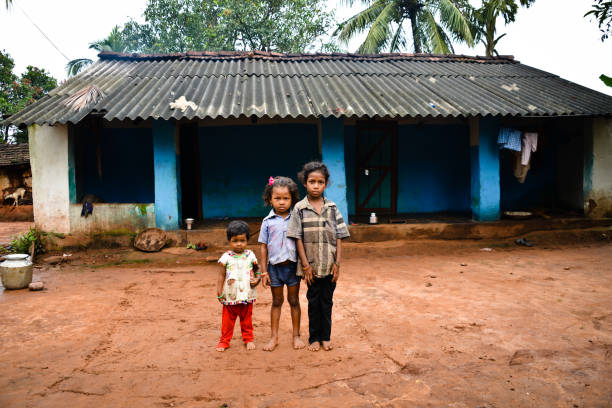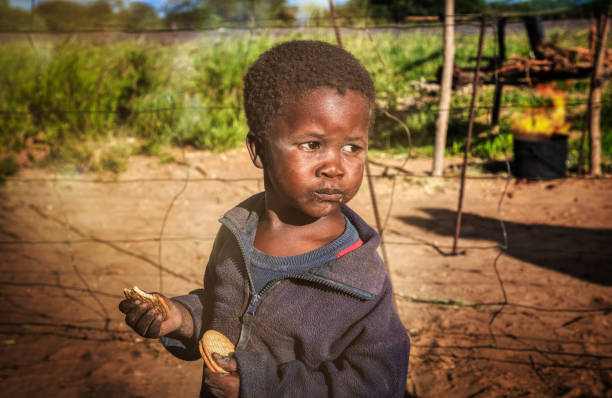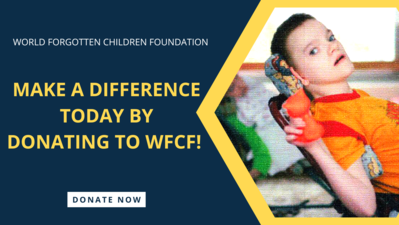
Tanzania faces a profound orphan crisis, with over 2.5 million children currently living without one or both parents. This statistic is a clear indicator of the growing challenges that orphaned children face in the country, ranging from poverty and lack of education to vulnerability and exploitation. Several factors contribute to this high rate of orphanhood, understanding these drivers can help bring much-needed attention and resources to mitigate the crisis.
Factors Contributing to Tanzania's Orphan Crisis
- HIV/AIDS and Other Diseases: One of the leading causes of orphanhood in Tanzania is the continued impact of HIV/AIDS. Despite significant progress in managing the disease, many children have lost one or both parents to it. Other diseases like malaria and tuberculosis also contribute to the orphan crisis by claiming the lives of parents, leaving children without guardians.
- Poverty: Tanzania has a high poverty rate, with 57.1% of the population deemed multidimensionally poor and an additional 23.4% classified as vulnerable to multidimensional poverty. Orphaned children, especially those who have lost both parents, face even greater hardships. Orphans are often forced into child labor, and some are unable to access education as they must work to meet basic survival needs.
- Social Instability and Natural Disasters: Another factor is the social and environmental volatility in the country. Some children lose parents to natural disasters or conflicts that displace families, exacerbating the orphan crisis.
How to Help Orphaned Children in Tanzania
There are several ways in which individuals and organizations can help alleviate the difficulties faced by Tanzania's orphaned children:
- Adoption: One of the most direct ways to help is through adoption. Adopting a child from Tanzania can provide an orphaned child with a stable, loving home. Although the process of adoption can be lengthy and complex, it has the potential to dramatically change the life of a child by offering security, education, and a nurturing environment. Several organizations, such as Travel.State.Gov, Adoption.com, LLC, and A Family in Bloom Adoption, LLC, provide resources and support for those interested in adoption.
- Support Orphanages and Community Programs: Many children in Tanzania live in orphanages, and these institutions often struggle with limited resources. Donating to organizations such as World Forgotten Children Foundation orphanages, can help make a significant impact on their quality of life.
- Advocate for Child Welfare Policies: Another way to help is by advocating for improved child welfare policies in Tanzania. There is a need for government-supported programs that address the economic challenges faced by orphaned children. A recent policy note discussed the impact of introducing a cash transfer program targeting orphaned children, which could reduce poverty rates significantly. Pressing for the adoption of such policies can enhance orphans’ access to education, healthcare, and basic needs.
- Volunteer or Sponsor a Child: Many charitable organizations offer programs that allow individuals to sponsor a child or volunteer at orphanages and community centers. Programs and resources are available through organizations like Global Crossroad, Tanzania School Foundation, Inc., Mission 21, and NGO Explorer.

The Role of World Forgotten Children Foundation in Supporting Orphaned Children in Tanzania
At World Forgotten Children Foundation (WFCF), our mission is to support projects that promote the health and welfare needs of underprivileged communities and orphaned children with disabilities in developing countries. We envision a world where no child goes without the medical and therapeutic help they need, and we strive to foster sustainable practices that benefit entire communities.
WFCF is committed to making a difference in the health and welfare needs of underprivileged communities and orphaned children with disabilities in developing countries, and through our projects, we address not only their immediate needs but also their long-term needs. We believe that every child deserves a chance to thrive, and by supporting sustainable development, we can make a lasting impact.
You can be a part of this mission by donating to WFCF. Your donations help us fund critical projects that provide much-needed support to orphaned children in Tanzania and other developing countries. From medical assistance to community sustainability programs, your contributions allow us to extend a helping hand to the most vulnerable children, ensuring that they receive the care and opportunities they deserve.
Together, we can create a world where no child is forgotten.
Donate to WFCF

The mission of WFCF is to support projects that promote the health and welfare needs of underprivileged communities and orphaned children with disabilities in developing countries. Donate today.
_____________________________________________________________________________________________________________
Sources
- Mbwambo, A., Mmassy, R., Mziya, O., Ngesha, F., & Mselem, R. (2023). Simulating the impact of introducing an orphan child benefit in Tanzania (TAZMOD Policy Note). SOUTHMOD. https://www.wider.unu.edu/about/tazmod-simulating-tax-and-benefit-policies-development-tanzania
- The Chanzo Reporter. (2024, August 30). Infographic: One Million Children in Tanzania Are Orphans. https://thechanzo.com/2024/08/30/infographic-one-million-children-in-tanzania-are-orphans/
- The Citizen. (2019, May 27). Tanzania has over 24,000 children living in orphanages, says PM. https://www.thecitizen.co.tz/tanzania/news/national/tanzania-has-over-24-000-children-living-in-orphanages-says-pm-2682754
- United States Agency for International Development. (2023). Tanzania: HIV/AIDS factsheet. https://www.usaid.gov


